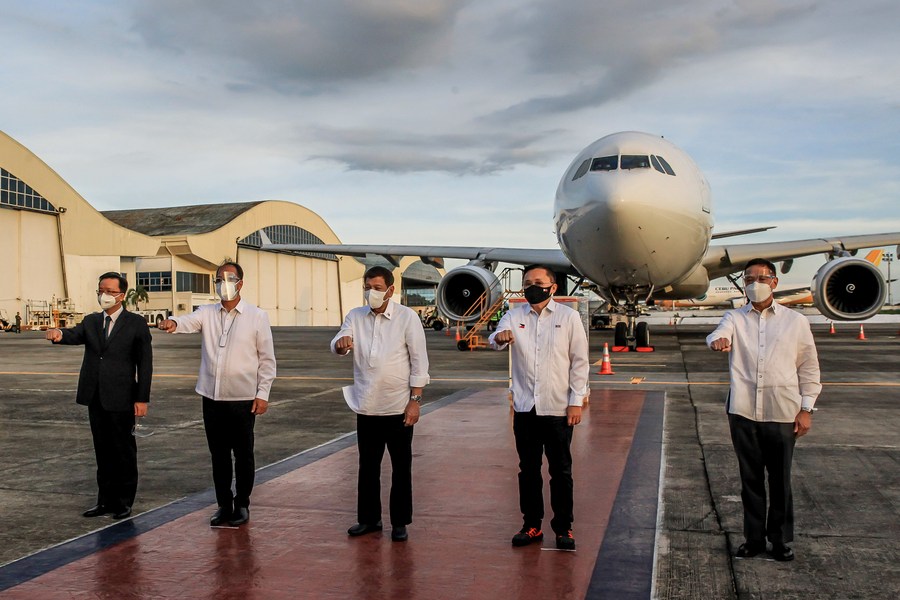World Bank economist disappointed by vaccine nationalism, calling for trade openness


Others like the Philippines and Indonesia, he continued, had always struggled and their struggles have been "worse," so they are also seeing a contraction in economic activity and forecasts for them are less promising than before.
Mattoo laid out three major reasons for China's strong recovery: China's efficiency in containing the disease; China's robust exports, supported by sustained recovery abroad; the government's capacity to provide support.
The economist, however, noted that there are also challenges China needs to address, as the disease is not conquered, global demand has peaked, geopolitical tensions can affect trade, and macro-prudential policies need to avoid instability.
He also noted that a country like China can "take initiatives as it's already doing to revive multilateral cooperation."
Global cooperation is not only needed on vaccination, on trade, but also on macro economic policy, Mattoo said, as coordinated stimulus is mutually reinforcing and will be more powerful.
"The one risk is that when one country provides stimulus, others are sometimes tempted to hold back and that can then also create trade tensions, where you feel they are not doing their share," he said.
"So both from a purely economic point of view, but also from a political stability point of view, coordinated policies are desirable," he added.
The World Bank economist noted that trade has remained resilient for countries in the region despite the pandemic, but there are export restrictions and supply chain disruptions.
"The best response to protectionism abroad is more trade openness at home, and more trade facilitation" within the region, Mattoo said. "We showed that actually would lead to even faster growth in the region, than retaliating through protection."
The trade economist noted that trade has been the engine of growth for all the countries, "any successful country," not just in the region.
"So at this stage, even if some countries are beginning to doubt the benefits of globalization and retreating from it, I do not think the region should," he said.
Beyond containing COVID-19, the World Bank also called on policymakers to adopt a comprehensive strategy to boost inclusive growth, including increasing public investment in hard and soft infrastructure, like clean energy, transport, health systems and schools, improving social protection systems, and supporting broader technology diffusion.
"So I would say contain the disease, ensure stable macro policy for recovery, and then work hard on structural reforms for long-term growth," Mattoo said.
"A crisis is an opportunity (that) changes the political economy and the time to take advantage of it is now," he added.
































